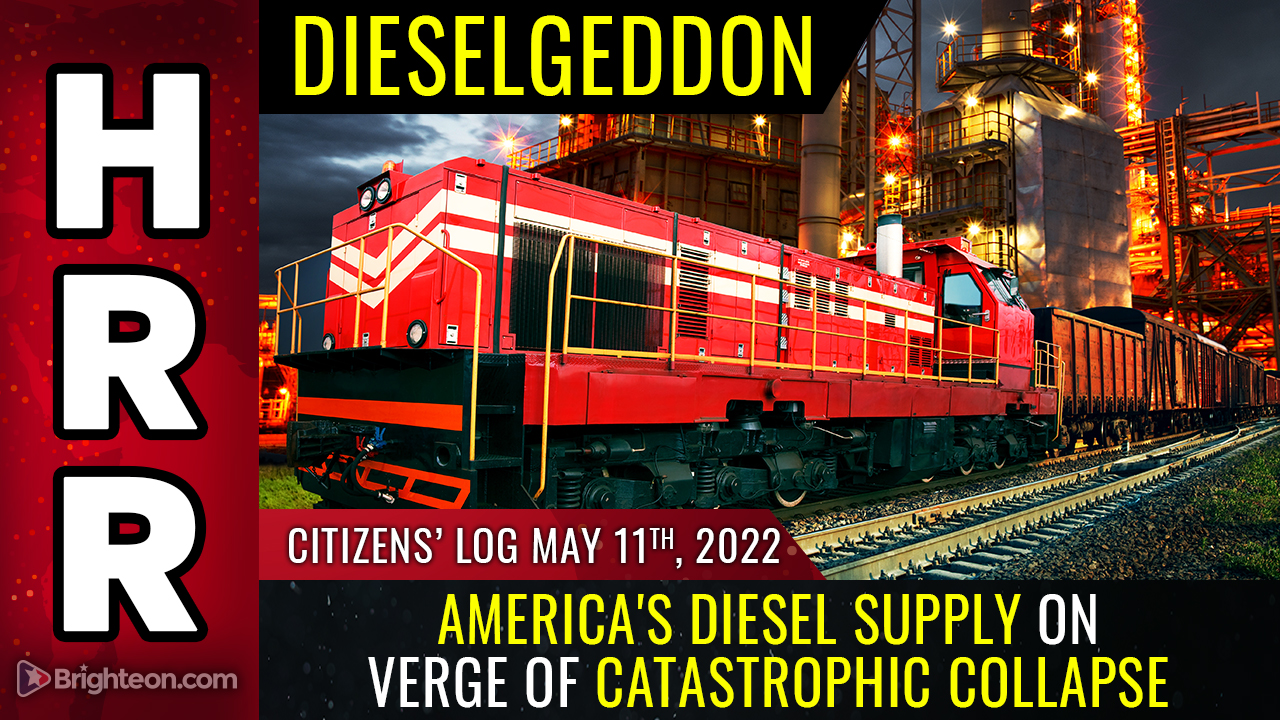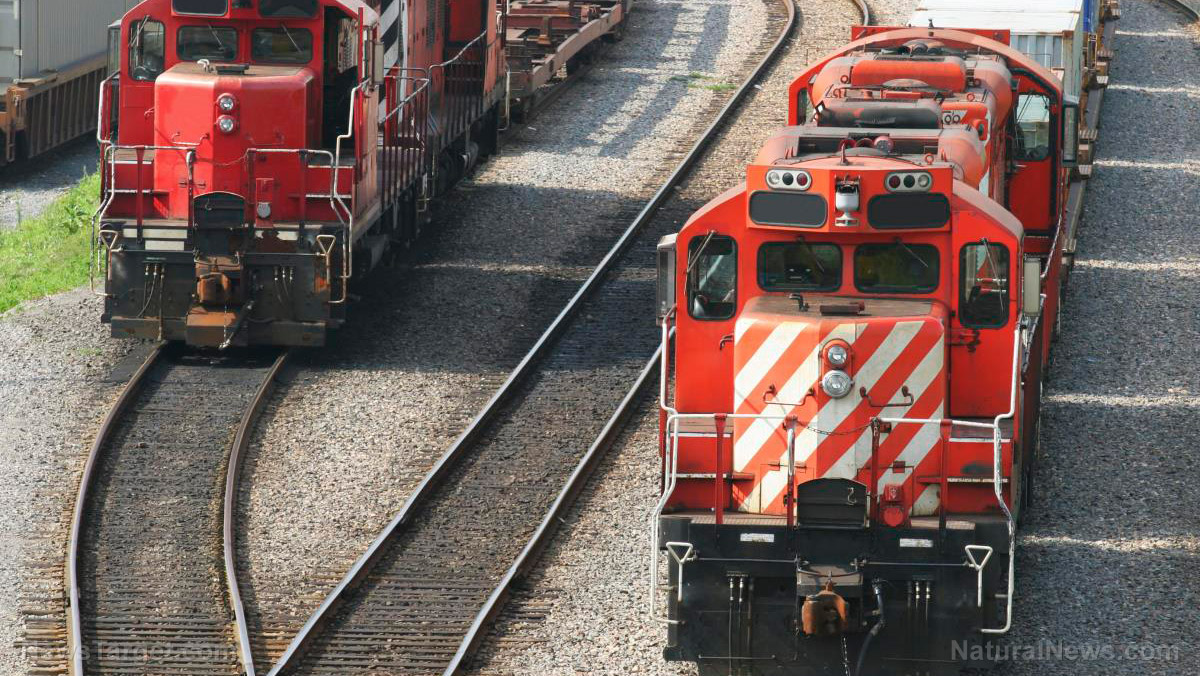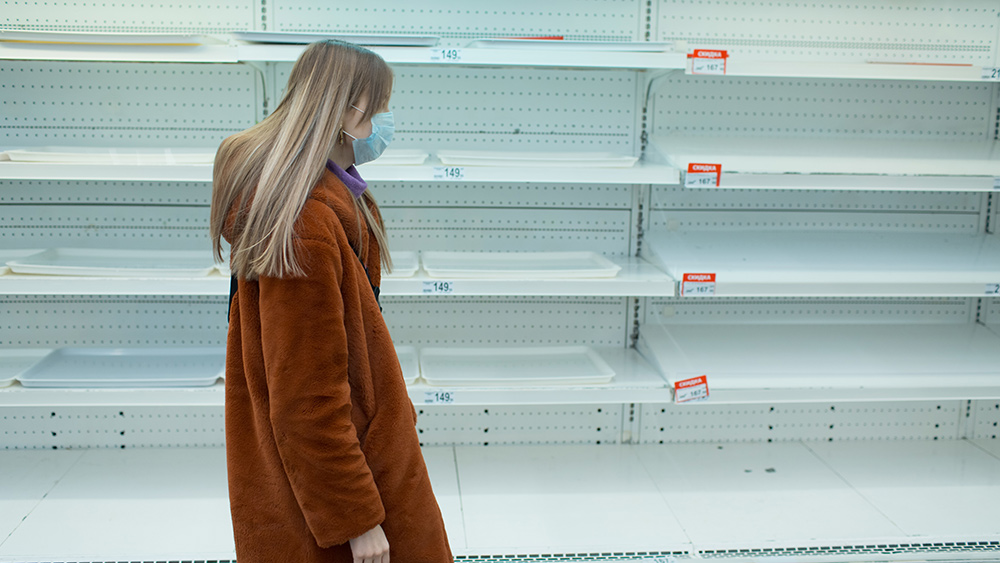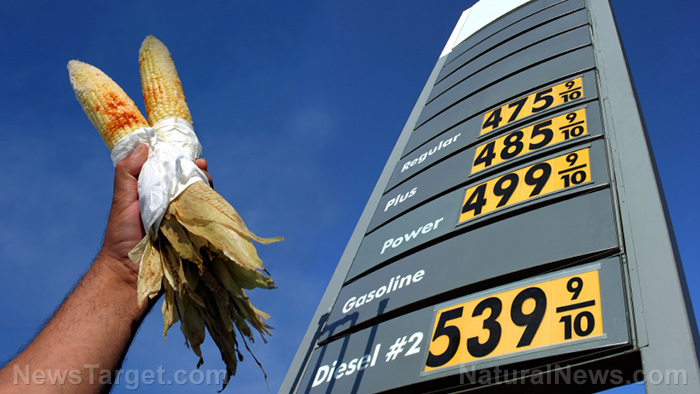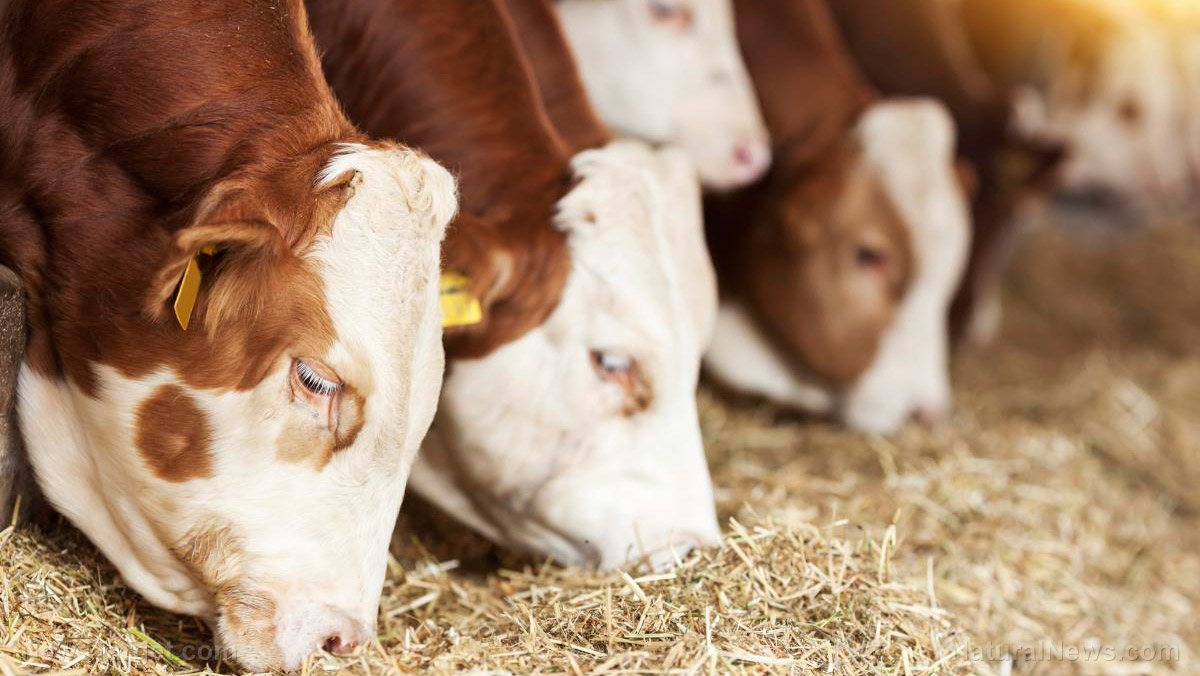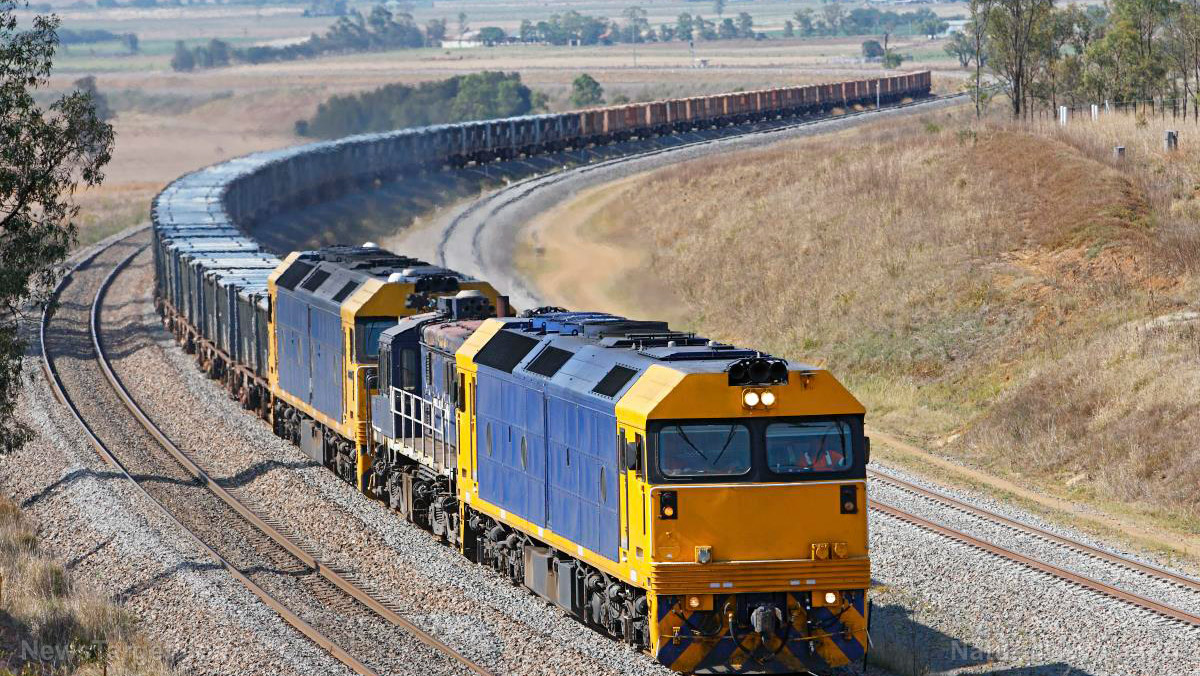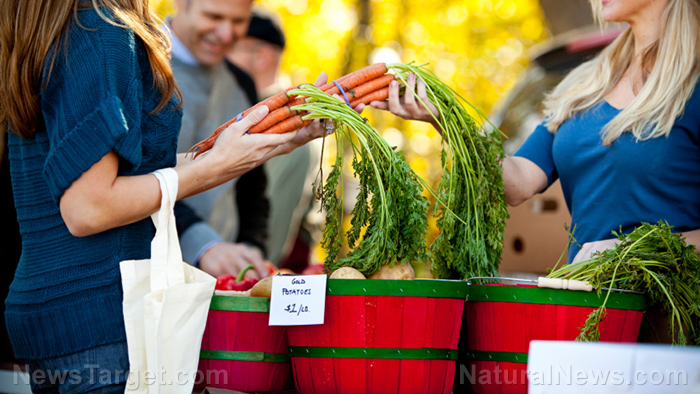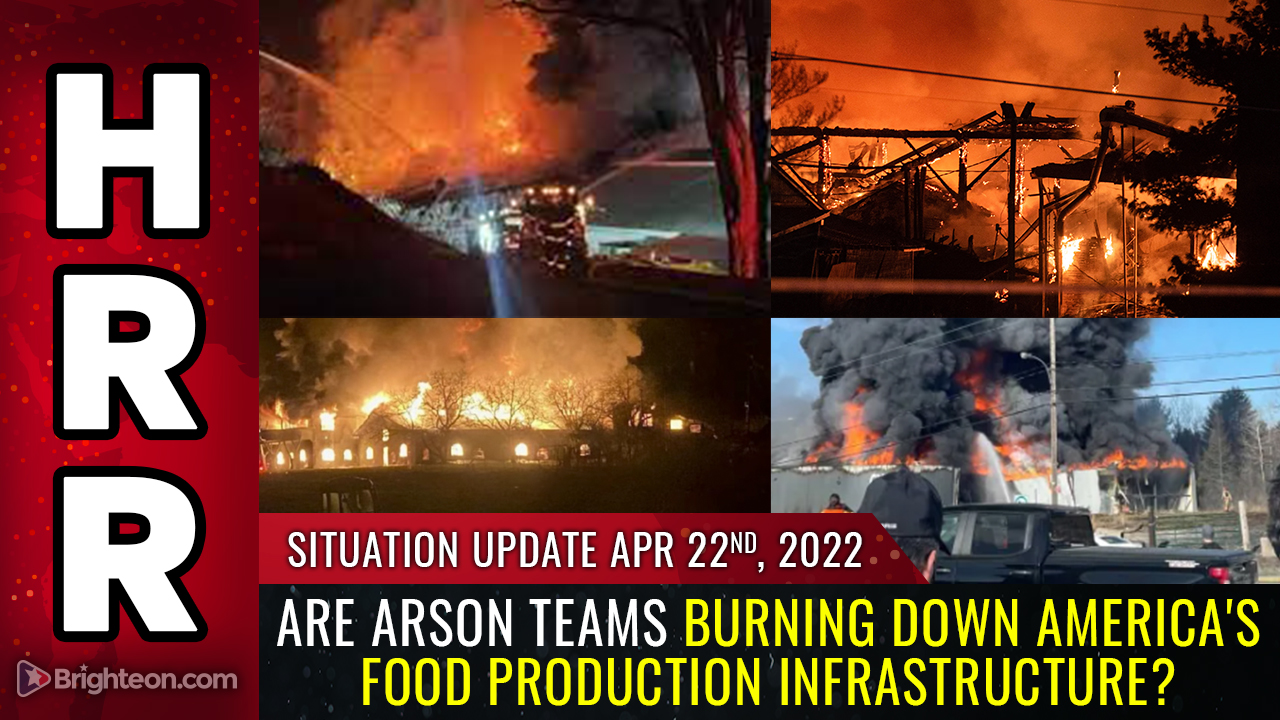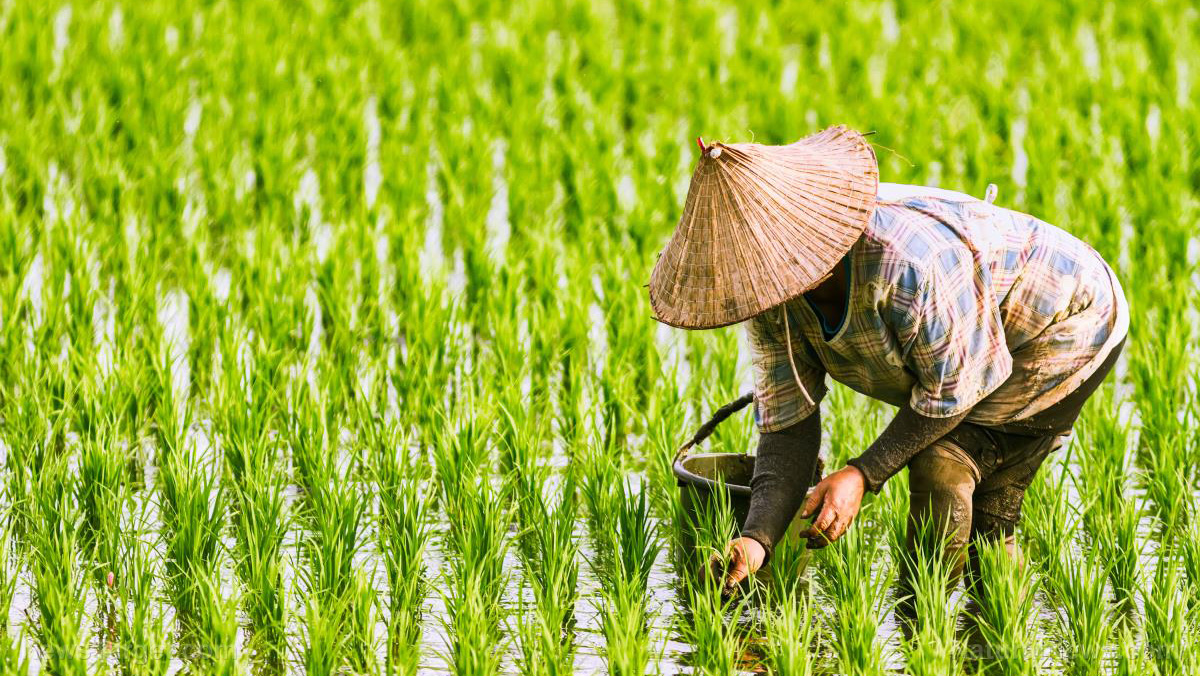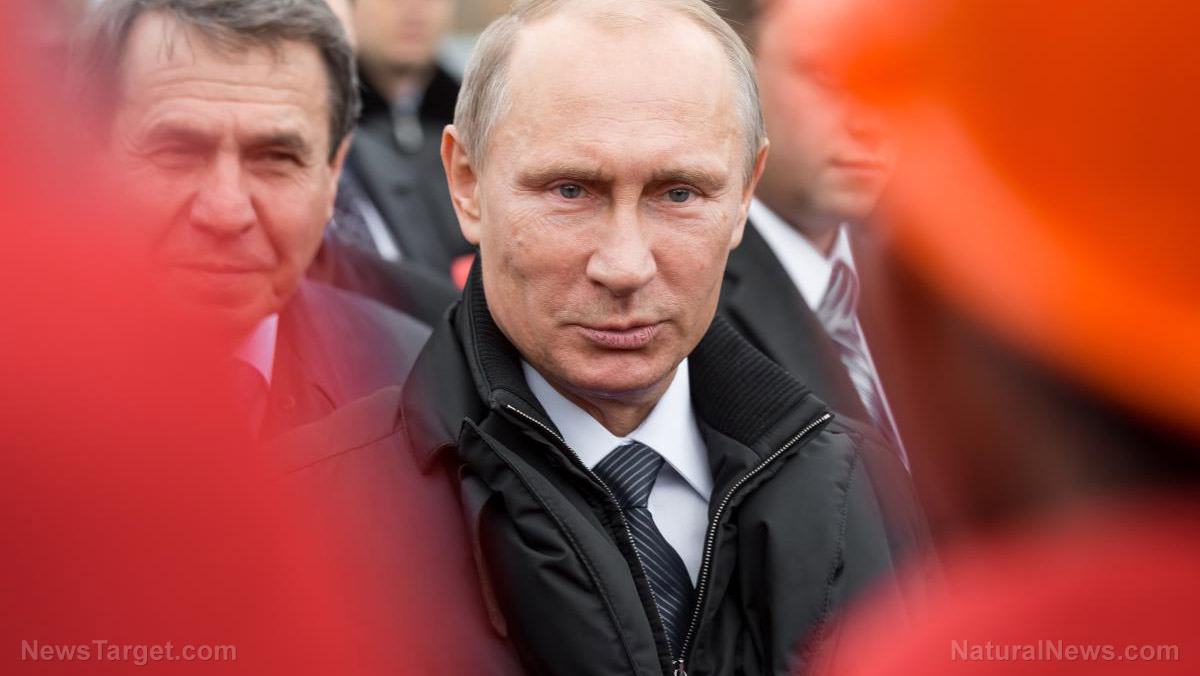Merritt Medical Hour: Lack of fertilizer, food manufacturing plant fires will cause food shortages in the US – Brighteon.TV
05/10/2022 / By Mary Villareal

The United States is heading toward a food shortage crisis because of the lack of fertilizer coming from Ukraine. There is no potash to grow crops, which means that Iowa, Nebraska and much of the Midwest will find that crop yield is going to be much lower this year.
In the May 4 episode of “Merritt Medical Hour,” host Dr. Lee Merritt talked with Omaha radio personality Chris Baker about food shortages and inflation, which has been affecting Americans in the past few months.
The fertilizer shortage has added to the growing concerns about the impact of the Russia-Ukraine war on the price and scarcity of basic foods.
Russia’s exports were hit by the sanctions placed upon the U.S. government. Moreover, a major Belarus producer declared force majeure, which did not allow them to uphold their contracts due to forces beyond their control.
Combined, Russia and Belarus provide 40 percent of the world’s exports of potash. Russia also exports 11 percent of the world’s urea and 48 percent of ammonium nitrate. Russia and Ukraine, together, export 28 percent of fertilizers that are made from nitrogen, phosphorus and potassium.
Disruptions of these shipments have sent fertilizer prices skyrocketing.
CF Industries CEO Tony Will said this is a huge problem, as global fertilizer supplies are now very tight. “It’s a confluence of factors, unprecedented demand, coupled with a huge falloff in supply availability, only just exacerbated by the war in Ukraine and what’s going on with exports coming out of Russia and Ukraine,” he said. (Related: Tucker Carlson says America may run out of food soon, blames Biden.)
Will said CF industries is also running its plants around the clock, foregoing maintenance as it tried to expedite shipments to areas in need. However, there are no new tons to make, because by now it is only a matter of trying to get the fertilizers as quickly as possible into the marketplace. “Not only is the issue lack of availability and affordability of nutrients and inputs, but Russia and Ukraine have historically exported about 30 percent of the global wheat trade and 20 percent of the global corn trade,” Will said.
“All of this is a double whammy, if not a triple whammy. We have geopolitical risk, higher input costs and basically shortages,” said Bart Melek, global head of commodity strategy at TD Securities.
“Agriculture is absolutely going to get hit. In the case of Canada, it’s good for Saskatchewan, which is the largest producer of potash in the world, but farmers are going to get hurt because per acre they’re going to pay a lot more. They’re going to get lower yield simply because they’re economizing, particularly in emerging markets.”
Grain shortages will also drive up the cost of the basic food groups and other commodities, which could lead to higher input costs for producing everything from grains, wheat and corn. The input costs are now higher because there is a scarcity that raises the prices.
Some fertilizers even went so far as doubling their prices. Potash traded in Vancouver, Canada, was priced at about $210 per metric ton at the beginning of 2021, but it is now valued at $565. Urea for delivery to the Middle East traded at $268 per metric ton in early 2021 but is at $887.50 in April.
Food processing and storage plants blowing up across the US
To make matters worse, there had been manufacturing plants blowing up around the country.
Fox News personality Trace Gallagher pointed out that in six months, there had been 17 incidents of fires, explosions and even two plane crashes that hit food processing and storage plants in the United States. To compare, there had only been around six to eight per year from 2017 to 2019 and 11 in 2021.
Despite the huge uptick, there does not seem to be a wide-scale investigation regarding the incidents. (Related: Pattern of fires striking food facilities across the USA suggests ARSON TEAMS are burning down America’s food production infrastructure.)
“We’re not saying any one group is responsible for these fires. We don’t really know what this is about. But we do know it’s happening during what is turning out to be a disastrous year for food production in the United States,” Gallagher’s colleague, Tucker Carlson added.
Follow FoodCollapse.com for more updates on possible food shortages in the United States.
Watch the video below for the full conversation between Dr. Merritt and Chris Baker about food shortages, COVID vaccines and more. Catch new episodes of “Merritt Medical Hour” every Wednesday at 7-8 p.m. on Brighteon.TV.
More related stories:
Perfect storm: Pandemic, climate, war all contribute to food shortages around the world.
Following rash of fires, FBI warns that food plants will be targeted with cyberattacks.
World Alternative Media: Global food shortage is part of Great Reset agenda.
Global food shortage caused by war in Ukraine serves globalist Great Reset agenda.
Sources include:
Submit a correction >>
Tagged Under:
agriculture, big government, Brighteon.tv, chaos, Chris Baker, collapse, famine, fertilizer shortage, food collapse, food plant fires, food prices, food production, food shortage, food supply, harvest, hunger, inflation, Lee Merrit, Merritt Medical Hour, panic, products, rationing, Russia, scarcity, starvation, Ukraine, World War III
This article may contain statements that reflect the opinion of the author
RECENT NEWS & ARTICLES
FertilizerWatch.com is a fact-based public education website published by FertilizerWatch.com Features, LLC.
All content copyright © 2022 by FertilizerWatch.com Features, LLC.
Contact Us with Tips or Corrections
All trademarks, registered trademarks and servicemarks mentioned on this site are the property of their respective owners.

